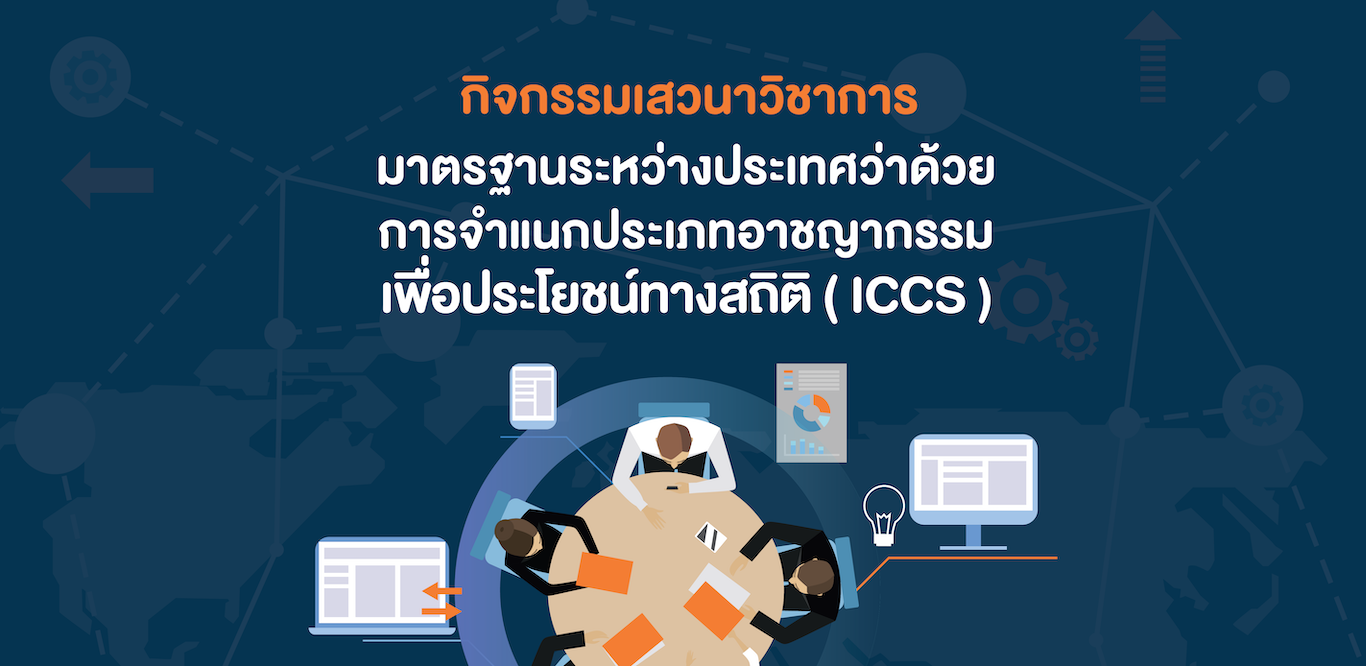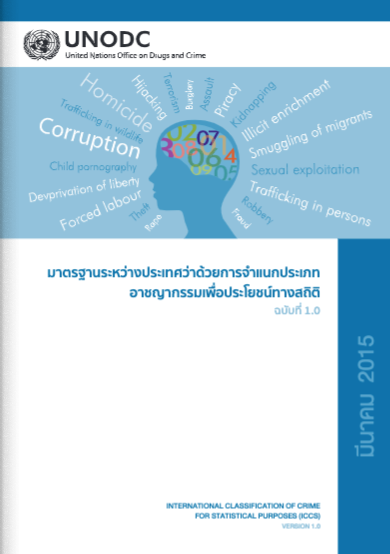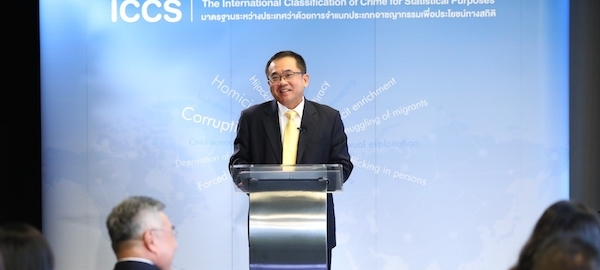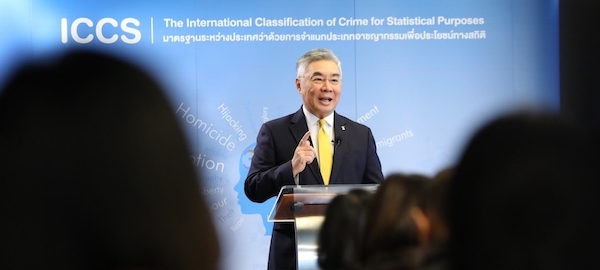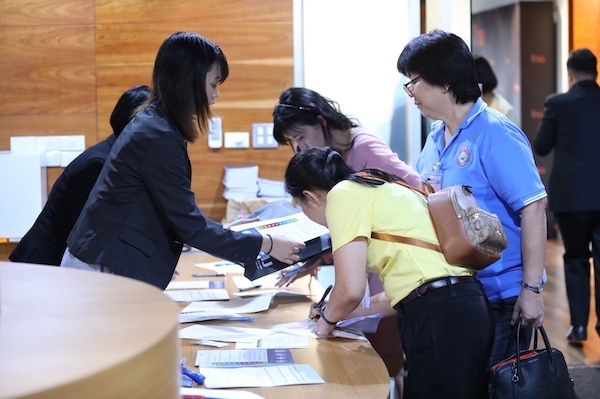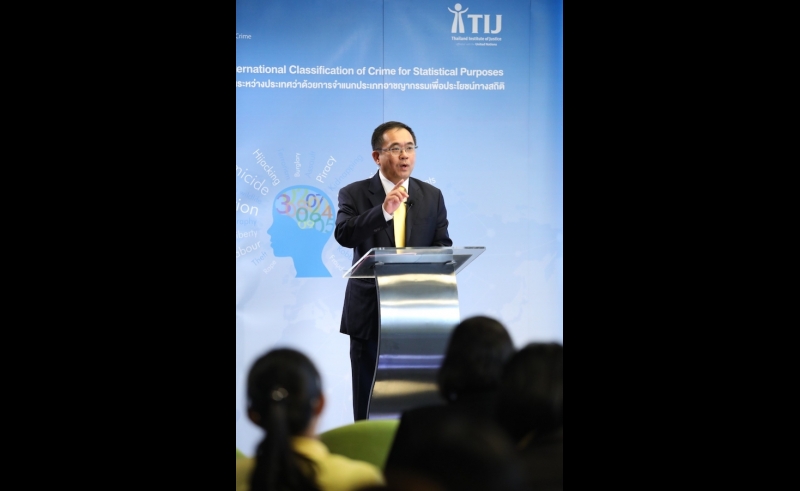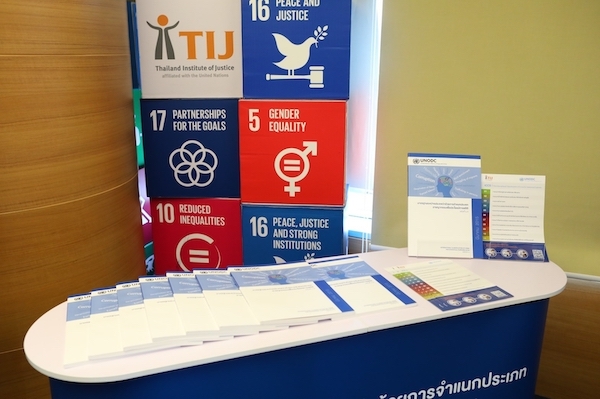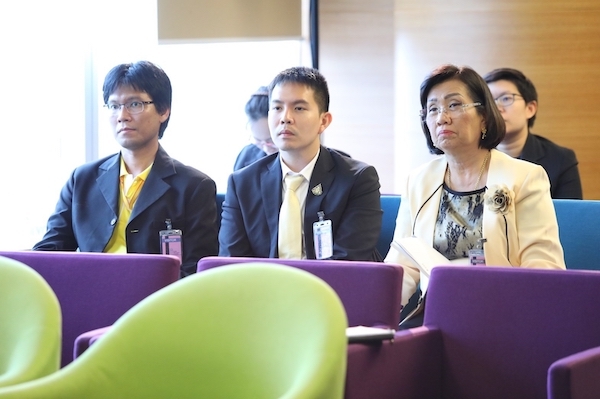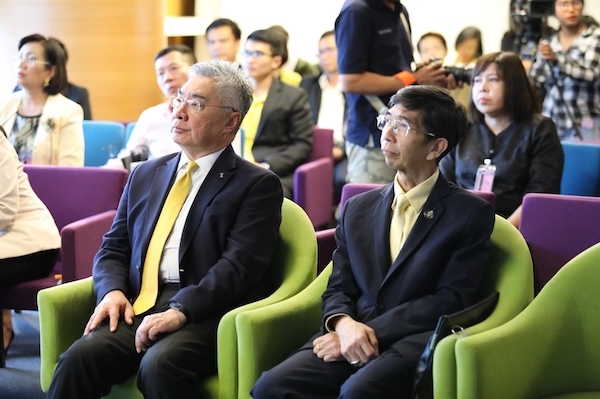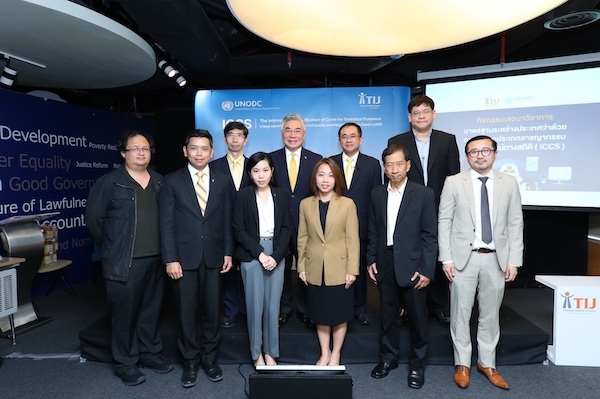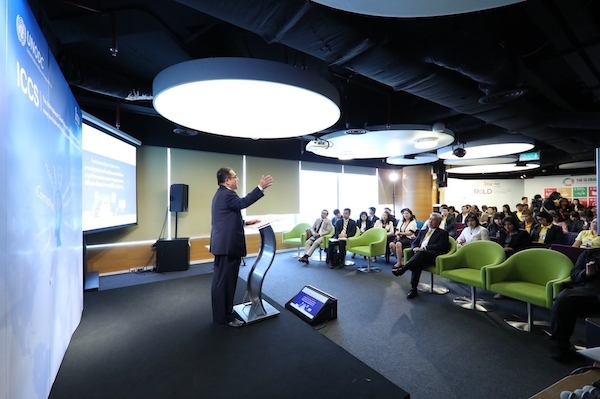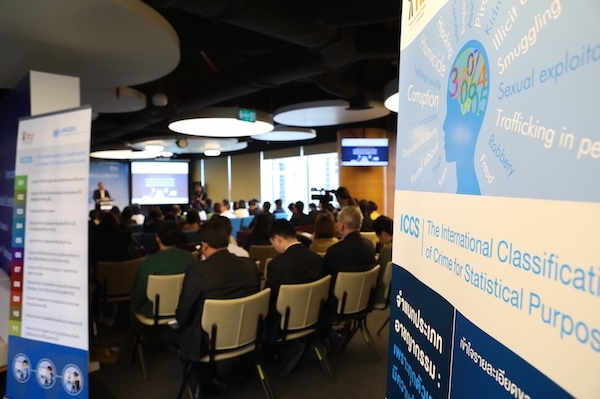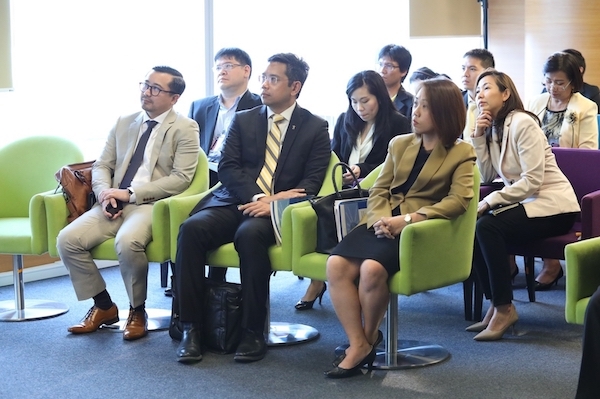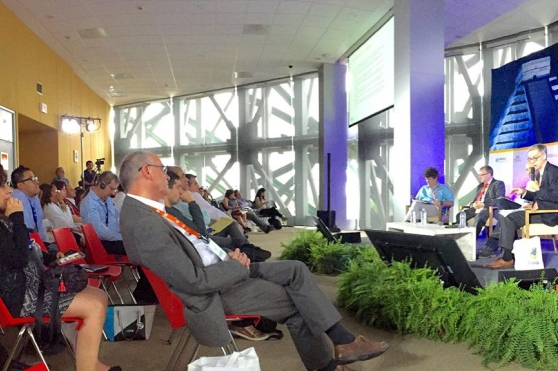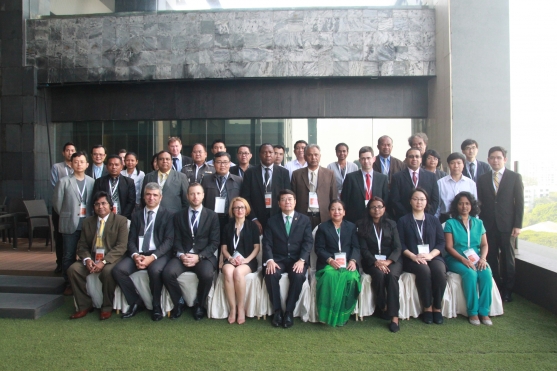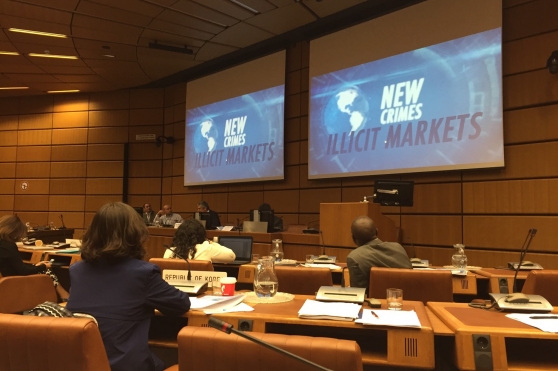TIJ supports using the ICCS for classifying types of crimes
The Thailand Institute of Justice (TIJ) hosted an academic session called the “International Classification of Crime for Statistical Purposes with Data Integration and Development of the Justice System” at TIJ. Prof. Dr. Kittipong Kittayarak, Executive Director of the TIJ, gave the opening speech, and Prof. Dr. Wisit Wisitsora-at, Permanent Secretary of the Ministry of Justice, gave a special speech.
The progress of technology nowadays has turned this world into a borderless society and this has highly affected people’s way of life, particularly in terms of crime problems, which are more complex and sophisticated than ever. Each country is setting up policies for crime prevention and suppression. The gathering of statistical data on crime thus needs to be conducted elaborately and comprehensively in order to design and provide appropriate and effective policies.
The International Classification of Crime for Statistical Purposes (ICCS) developed by the United Nations Office on Drugs and Crime (UNDOC) and verified in 2015 is a tool for classifying categories of criminal offences and justice officials at every rank. The ICCS can be applied to raising the proficiency in collecting data and in following the 2030 Sustainable Development Goals (SDGs) in justice-related aspects.
Prof. Dr. Kittipong Kittayarak, Executive Director of the TIJ, stated regarding the ICCS that TIJ perceives that the ICCS is beneficial for Thailand’s justice system as a referred standard for classifying categories of crimes for every institution. It can help those that do not have prior legal knowledge. In addition to public data, the ICCS can be referred to in social science research and surveys concerning issues on crimes. The ICCS can also be referred to in collecting data on the private sector in helping victims of crimes or any organizations that promote human rights.
“The ICCS serves as an “interlingua” among organizations, where collected data can be used to create a larger data warehouse that the organizations and people in the public sector can jointly use. Thailand’s problem today is that there is no central organization for collecting data since the areas of the sector merely collect data according to their own preference. Thus, the completion of data collection is limited. Moreover, data collection by adhering to criminal sentences according to the provision of laws has limited the opportunity to understand crime. For instance, England is good at collecting data on the instruments of crimes—acknowledging that the statistics indicate that bodily harm is caused more with knives than other weapons. Hence, the issuance of policies reducing violence by limiting the use of firearms is futile. The possession of profound statistical data leads to better recognition of the occurrence of crimes and the prevention of crime and the protection of all affected persons, as well as establishing criminal policies and assessing the achievement of such policies.”
Prof. Dr. Wisit Wisitsora-at mentioned during his speech that the ICCS is useful for criminal data assessment by comparing sources of data at both intra-organization and international levels, making it a database for planning and stipulating more concrete and effective policies regarding crime and criminal justice in Thailand.
Prof. Dr. Wisit Wisitsora-at also congratulated TIJ for having played a significant role in initiating and adopting the ICCS in Thailand by translating the ICCS and disseminating knowledge to the relevant organizations and sectors. The Ministry of Justice is ready to promote the ICSS and cooperate with concerned organizations to elevate Thailand’s justice system.
During the seminar, experts from concerned organizations and sectors participated in exchanging opinions on different topics, such as the benefit of the ICCS and the development of databases on Thailand’s justice system, the importance of the ICCS to the administration of the SDGs, the application of the ICCS in research and the undertakings of the civil sector, the use of potential databases, the benefits of the ICCS for lawyers and the development of laws, as well as the demonstration of using the ICCS.
Those that are interested can download the International Classification of Crime for Statistical Purposes (ICCS) version 1.0 at https://knowledge.tijthailand.org/th/publication/detail/th-iccs#book/



